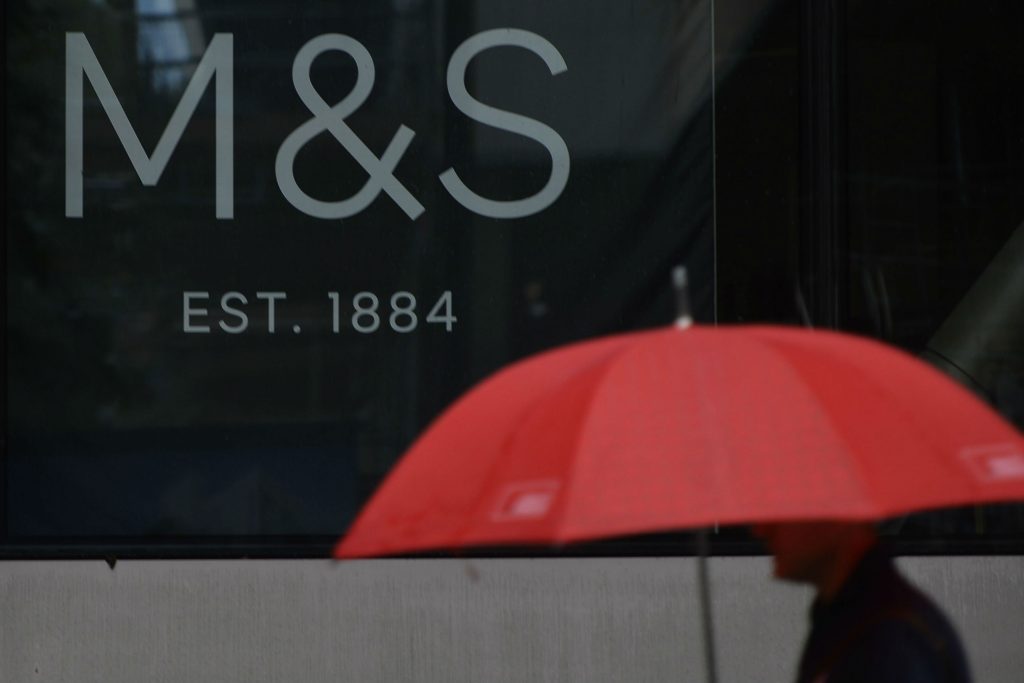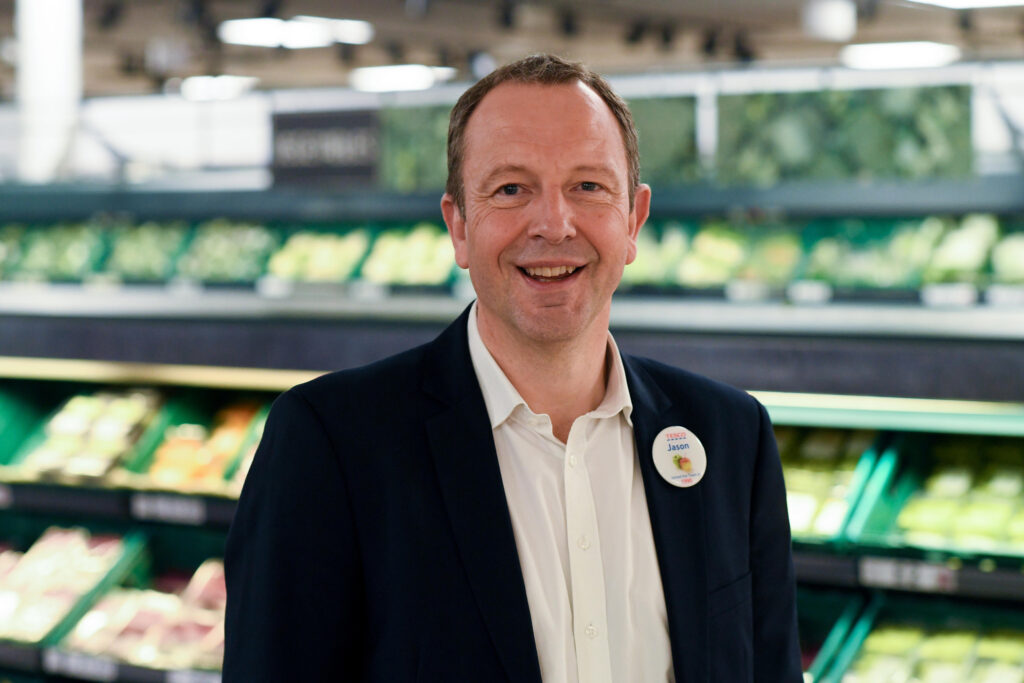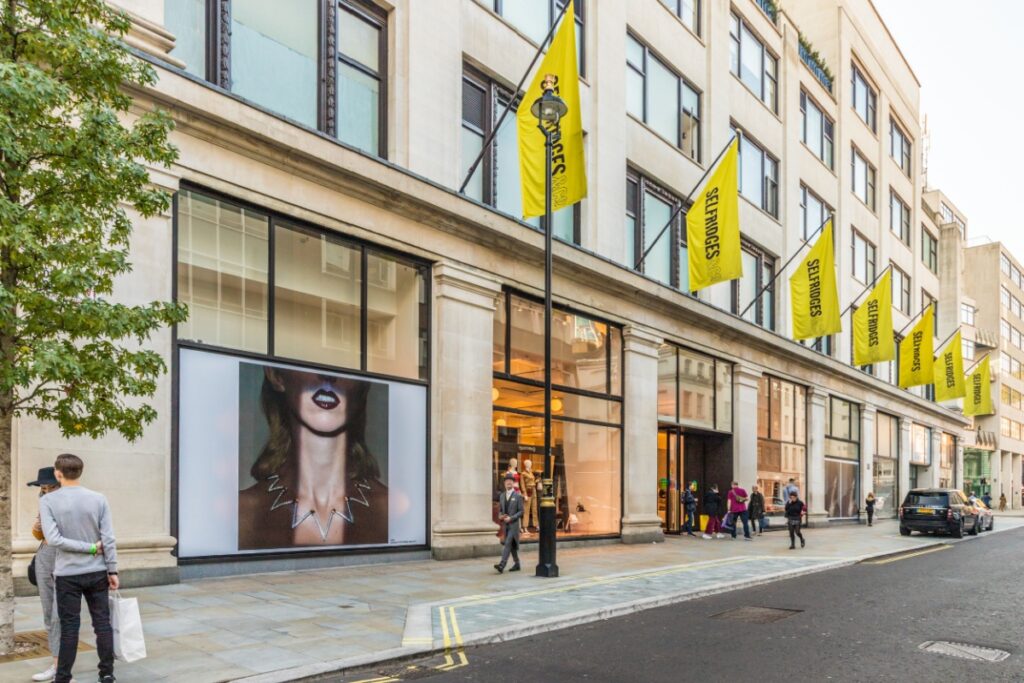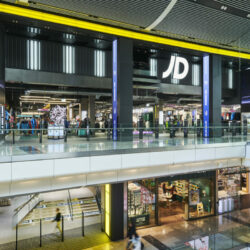// John Lewis has released its seventh annual Retail Report
// Fish kettles, cocktail shakers, mantel clocks, camcorders, landline phones and women’s suspenders fall out of fashion
// War on plastic was stronger than ever, digitisation increased again, and customers opted to stay in and declutter
The war on plastic and the ongoing rise of digital were among the dominating trends in John Lewis’ new annual retail report.
According to the John Lewis Retail Report 2019, this year was one of “generational change” for retailers, as uncertainty and instability dominated the high street.
Sales data from the department store suggested that consumers’ eagerness to take part in the war on plastic had increased, Brits opted to declutter their homes or stay in more to either binge watch TV or host informal dinner parties, and the digitisation of our daily lives became more apparent.
John Lewis’ report showed that fish kettles, cocktail shakers, mantel clocks, camcorders, landline phones and women’s suspenders have fallen out of fashion as British shoppers sent sales of resuable water bottles, luxury loungewear and sports headbands soaring while also increasingly shopping on their mobile devices.
READ MORE:
- Waitrose boss resigns as John Lewis Partnership outlines restructure & job cuts
- John Lewis Partnership seeks to cut costs from landlords
- John Lewis Partnership under pressure with £170m+ business rates bill
The report said sales of landline phones plummeted by 20 per cent last year and are down 45 per cent since 2014 as customers increasingly reed on their smartphones to communicate.
The increasing quality of smartphone cameras is also thought to be responsible for a 33 per cent drop in camcorder sales, while sales of mantel clocks – once the centrepiece of the living room – are down 30 per cent as people turn to their voice-activated speakers for the time.
John Lewis’ report also suggested that shopping on the go became even more essential for customers, as the bus ride or coffee break provided ample time for browsing.
The retailer said visits to its website from mobiles grew by 54 per cent, up 12 per cent compared to last year, while 57 per cent of online orders used John Lewis’ Click & Click option for convenient pick up.
Meanwhile, sales of reusable water bottles jumped by 15 per cent in the week before the Glastonbury Festival, which had announced a ban on single-use plastic, John Lewis found that travel mugs, lunch boxes and portable cutlery became daily essentials for customers.
John Lewis added that environmental awareness shows no signs of slowing down among consumers, and predicted a rise in urban farming in 2020.
Moreover, the boom in artisan tonics is thought to be behind a drop in sales of cocktail shakers, while John Lewis stopped selling fish kettles entirely as a decline in formal dinner parties made way for informal ones.
John Lewis said it removed clutch bags from its own-brand accessories range, and sales of women’s suspenders fell eight per cent as customers opted instead for comfortable underwear, luxury loungewear and “modest” longer hemlines and looser silhouettes.
The retailer also revealed that it stopped selling drones in May this year following disruption involving the devices at Gatwick Airport in December which affected roughly 140,000 passengers and 1000 flights.
Finally, sales of sports headbands and goal posts surged as the nation cheered on the Lionesses in the Women’s World Cup, and investing in storage and doing away with crammed cupboards and overcrowded shelves became a major trend as the Marie Kondo craze swept the UK.
“As a destination for customers during key life moments and big decisions, understanding how the nation shops, lives and looks remains at the top of our agenda,” John Lewis trading director Simon Coble said.
“This year’s report, our seventh edition, explores how JOMO (the Joy of Missing Out) is revamping our living space, why 2019 was the year of oversized dresses, longer lengths and looser-fitting styles and, of course, what items we left behind.”
Click here to sign up to Retail Gazette‘s free daily email newsletter


















